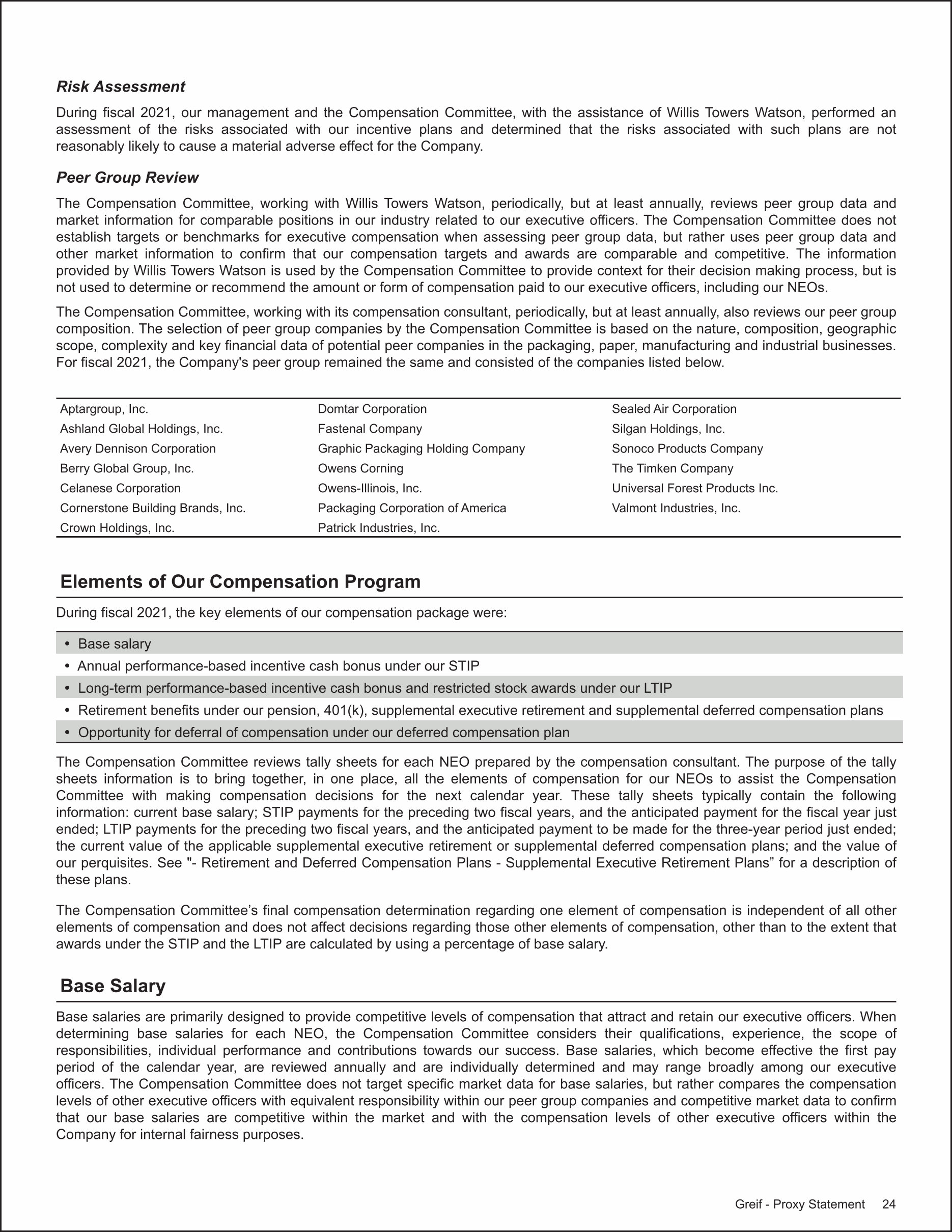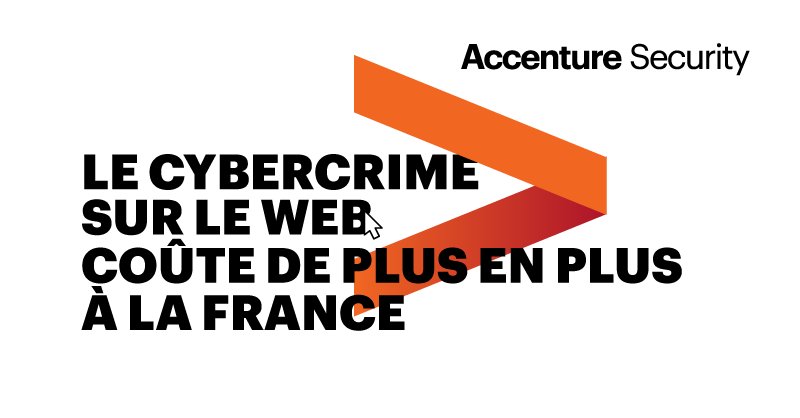
There are many sources of funding for small businesses. The types of funding can include retained earnings, debt capital, small business grants, and crowdfunding. Each source has its own benefits and drawbacks. Understanding the differences between these sources will help you determine which option is best for your company. Below are the most popular sources of funding available for small businesses.
Retained earnings
The company can use the retained earnings as a source for funding to pay for various purposes. Retained earnings can be used for new equipment, warehouse costs or a new website. This source of funding can give a company an accurate picture of its financial health. There are many disadvantages to this type of funding and it should only be used with caution.
When retained earnings are used in a smart way, they can boost a company's success. They can be used to fund new business ventures or to pay off balance sheet debt. They can also be used to provide emergency funding. Companies can avoid falling into the debt trap by having an emergency fund.

Debt capital
The exchange of debt capital between a borrower & a lender is one form of financing. The borrower is responsible to repay the amount borrowed within a certain time frame. The lender will release capital if the borrower meets certain requirements, including regular payments and meeting the repayment plan. For businesses who need additional liquidity in order to reach their goals, debt financing is a useful option.
A business loan is the most popular source of debt financing. But, small businesses may struggle to get a bank loans and their credit ratings will drop if they don’t pay back. Many companies look for alternative sources of financing to fund their debt capital.
Grants for small businesses
A small business grant is a great way for you to grow your capital. You must be eligible to receive these funds. Often, these are given to minority, women, and veteran owned businesses. Grants are also often given to rural businesses. You can increase your chances to succeed by reviewing the available government funding sources in your area.
The process of applying to a company loan is similar that for small business grants. But there are some important differences. A business loan lender will first assess your personal and business credit ratings. A small business grant will, however, not assess your credit and expect repayment. A business loan will usually be approved quicker. A few lenders will approve a loan application for a business within one day and then disburse funds in a few days. A federal grant application can take up six months to approve.

Crowdfunding
Crowdfunding refers to a method of raising funds where an individual or company solicits contributions of a large group of people. It is usually used by start-up businesses, but can also be used for emergency situations. There are many crowdfunding platforms that you can use, such as Patreon and Substack.
Crowdfunding has many benefits for small businesses. However, there are some things you need to consider before you start a crowdfunding campaign. First, you need to stay in touch and communicate with people who donated to your campaign. They may be able or willing to share the project with their networks.
FAQ
What can I expect from my consultant?
Within a few days of selecting your consultant, you can expect to hear back. They will usually ask for information about your company, including its mission, goals, products, services, budget, etc. After receiving this information, they will prepare a proposal outlining their scope of work, estimated timeline, fees, deliverables and milestones.
If everything goes as planned, then both parties will agree to a written contractual agreement. The type relationship between the two sides (e.g. employee-employer or independent contractor-employer) will dictate the terms of the contract.
If all goes according to plan, the consultant will begin working immediately. He/she will have immediate access to your internal documents, resources, and you'll be able to access his/her skillset and knowledge.
Don't assume that someone who is a consultant knows everything. To become an expert in any field you consult, it takes practice and effort. You shouldn't expect your consultant will know everything you need to know about your business.
What are the different types of jobs available for consultants?
Consulting requires an in-depth understanding of operations and business strategy. Understanding how businesses work and their place in society is also essential.
Being a consultant requires great communication skills and the ability think critically.
Consultants must be adaptable because they may be asked to do different tasks at different times. They must be able and willing to adapt quickly to changes in direction.
They should be able to travel extensively for clients. This type of work can take you all around the globe.
They also need to be able to handle pressure and stress well. Consultants may sometimes be required to meet tight deadlines.
Consultants are often expected to work long hours. You may not get overtime pay.
Why should consultants be hired?
There are many reasons you might need to hire a consultant.
-
You may have a problem or project that your organization needs to solve.
-
You want to improve your own skills or learn something new
-
You want to work with an expert in a particular field
-
The task is yours alone.
-
You feel overwhelmed with all the information you see and don’t know where it is.
-
You cannot afford to pay someone fulltime
You can find good consultants by word of mouth. Ask around to see if you know any good consultants. Ask someone you know who is a consultant for his/her recommendations.
If you're interested in using online directories, such as LinkedIn, you can use the "Search People” feature to find consultants near your location.
Statistics
- WHY choose me: Why your ideal client should choose you (ex: 10 years of experience and 6-week program has helped over 20 clients boost their sales by an average of 33% in 6 months). (consultingsuccess.com)
- 67% of consultants start their consulting businesses after quitting their jobs, while 33% start while they're still at their jobs. (consultingsuccess.com)
- Over 62% of consultants were dissatisfied with their former jobs before starting their consulting business. (consultingsuccess.com)
- So, if you help your clients increase their sales by 33%, then use a word like “revolution” instead of “increase.” (consultingsuccess.com)
- "From there, I told them my rates were going up 25%, this is the new hourly rate, and every single one of them said 'done, fine.' (nerdwallet.com)
External Links
How To
How to start a consulting company and what should I do first?
A consulting business is a great way of making money online. You don't need any previous business experience or investment capital. You can start your own consulting firm by building a website. Once you've built a website, you'll want to use social media platforms such as Facebook, Twitter, LinkedIn, Instagram, Pinterest, YouTube, etc... to get the word out about your services.
These tools allow you to make a marketing program that includes the following:
-
Blog Content Creation
-
Contacts are essential for building relationships
-
Generating leads (lead generation forms).
-
Selling products online
Once your marketing strategy is developed, you need to find clients willing and able to pay for your services. Some people prefer to go through networking groups and events, while others prefer to use online methods such as Craigslist, Kijiji, etc. You have the freedom to choose.
After you have found new clients, it's important to discuss terms and payment options. This could include hourly fees, retainer agreements, flat fee contracts, etc. You need to be clear about what you expect of a client before they accept you as a client.
Hourly agreements are the most common contract type for consultancy services. This agreement allows you to agree to provide services at a fixed price each week or month. Based on the service you provide, you might be able to negotiate a discount based on the length of your contract. You must fully understand the contract you're signing before you agree to it.
Next, create invoices and then send them to clients. Invoicing can seem simple until you try it. There are many different ways to invoice your clients, depending on your preferences. Some people prefer to email their invoices directly, while others prefer to mail them hard copies. No matter which method you choose to use, it is important that it works for you.
Once you have completed creating invoices you will want to collect payment. PayPal is popular because it is easy to use, offers several payment options, and most people prefer it. However, other payment processors are available, including Stripe, Square Cash, Google Wallet, Apple Pay, Venmo, etc.
Once you are ready for payments to begin, you will need to open bank accounts. Separate savings and checking accounts will allow you to track your income and expenses independently. When paying bills, it is also beneficial to set up automatic transfer into your bank account.
While starting a consultancy company may seem daunting, once you master the basics, it becomes easy to manage. You can read our blog post to learn more about how to start a consultancy business.
The best way to make extra cash is to start a consulting business. Consultants can work remotely so they don't have the hassle of dealing with office politics and long working hours. Remote employees have more flexibility because they are not bound by regular work hours.